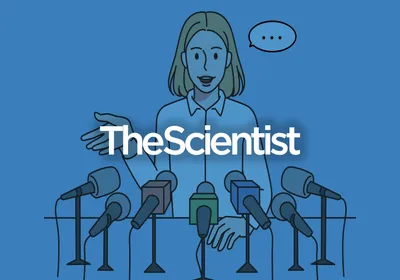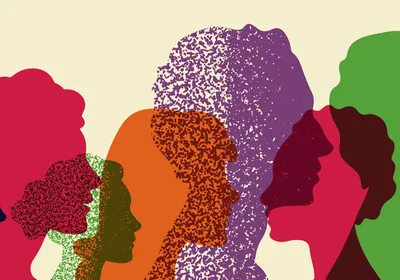 © BRUCIE ROSCHThe terms that scientists and researchers select to name a new biotechnology or biomedical process can impact the public’s perception of the advance and willingness to consider its potential clinical utility. Terms such as “cloning” or “gene editing” are not ethically neutral. In fact, while the use of these terms may be provocative and increase readership of news stories and even articles in peer-reviewed journals, such value-laden names may directly impact the ethical acceptability of new technologies as well as government policies related to these innovations.
© BRUCIE ROSCHThe terms that scientists and researchers select to name a new biotechnology or biomedical process can impact the public’s perception of the advance and willingness to consider its potential clinical utility. Terms such as “cloning” or “gene editing” are not ethically neutral. In fact, while the use of these terms may be provocative and increase readership of news stories and even articles in peer-reviewed journals, such value-laden names may directly impact the ethical acceptability of new technologies as well as government policies related to these innovations.
There are a few examples of semantics triggering a change in scientific or medical terminology to avoid negative ethical connotations or nuances. In medicine, for example, nuclear magnetic resonance (NMR) was renamed magnetic resonance imaging (MRI) to avoid the fear elicited by the word “nuclear”—even though the technology does not involve any exposure to radiation.
Sometimes a technology is so ethically contentious that changing the terminology will not affect its public perception. Cloning has continued to elicit negative ethical associations ever since Ian Wilmut of the Roslin Institute in the U.K. and his colleagues reported cloning Dolly the sheep in 1997 (Nature, 385:810-13). Ethical concerns include “playing God,” destroying fertilized eggs (potential human life), the application of the technology to create “designer babies,” genetic enhancement, ...



















